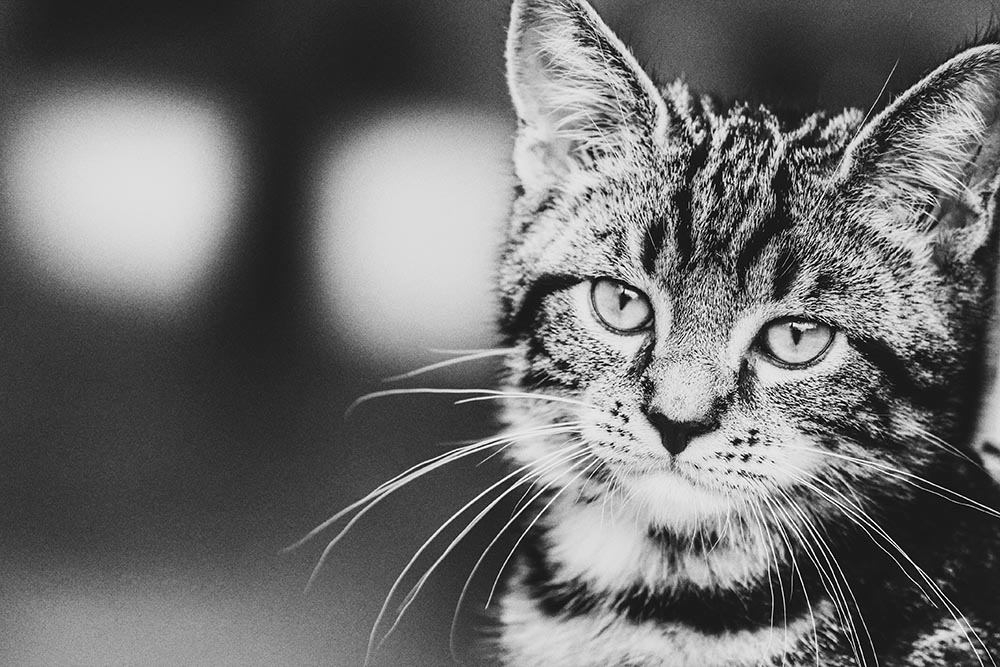Cats are beloved pets in a majority of homes, and the last thing you want for your cat is for him to lose appetite. What you should keep in mind, though, is that cats also experience many problems including stress and sickness which may lead to loss of appetite. When you feel unwell, the last thing you want to do is to have something to eat, despite consuming meals being an important part of your recovery. Your cat is quite alike; when they feel ill, they don’t want to eat, and then they will feel worse because they haven’t eaten. So, how do you get your cat to eat when they are ill? As a professional pet sitter, we have some options for you.
A pet sitter guide for what to do if your cat stops eating
What a pet sitter looks for when trying to understand what’s happening.
The primary task to focus on is to understand why the cat has stopped eating. It could be something like you have changed their food, of which cats don’t respond well to changes. Even a new food bowl, a new spot for their meals or a different feeding schedule can all put them off their food. If they have a health condition and a particular diet has been recommended, this might put them off eating because it isn’t their usual food.
If there is no known underlying medical condition and there have been no changes in the food area, then it is time to book a vet’s appointment, as the lack of appetite is possibly a symptom of a larger illness. It could be something as simple as dental disease meaning it hurts to eat and they need to change their food accordingly. It may be that medication is required to control a condition and then their appetite will get back to normal.
How to “win over” your cat according to a pet sitter.
An excellent method to make them eat is to present them with something they can’t resist. All cats have favorite foods which they come running to enjoy, but if they aren’t responding as normal to their favorites, it can be worth trying a little banquet. Pick up a range of foods that are similar to their favorite such as canned foods in different flavors and textures. Place a little of each on plates and warm up slightly. If this still doesn’t tempt them, adding a little fish oil, chicken brother or tuna juice may seal the deal.
Making them feel like eating is a pleasant thing and another way to encourage their appetite. Take them to a quite part of the home and install a diffuser that emits a feline facial hormone, telling your cat that all is well and safe. Try feeding them a little food on your fingers, touching it to their lips so they cannot avoid having a little taste. Giving them praise and patting them while doing this encourages them to eat a little more. You can even take some slurry food and inject a little into their mouths with a plastic syringe if they will allow it but never force them as this is stressful, and can result in an injury for both you and your cat and won’t help in the long run.
If no matter what you try, if your cat won’t take food, get in touch with your vet. Also, consider hiring a pet sitter to help you. Don’t commit the mistake of neglecting it too long where nutritional issues can begin. Vets can often prescribe appetite stimulants to help them want to eat again, or at the worst case, a feeding tube can be used.
If you are interested in trying out pet sitter, dog walker, or kennel alternative services please reach out to us at [email protected]


Recent Comments